AI hardware startup Cerebras is making waves with its latest innovation: the Cerebras Inference tool. This cutting-edge solution, leveraging the company’s Wafer-Scale Engine, is poised to offer a compelling alternative to Nvidia’s dominant GPU offerings in the enterprise sector. Here’s a deep dive into what sets Cerebras apart and the challenges it faces in a competitive market.
Cerebras vs. Nvidia
Cerebras’ new tool promises remarkable performance enhancements. According to recent benchmarks, the tool delivers speeds of 1,800 tokens per second for the Llama 3.1 8B model and 450 tokens per second for the Llama 3.1 70B model. These figures represent a significant leap over traditional hyperscale cloud solutions often driven by Nvidia’s GPUs, both in terms of speed and cost efficiency.
Micah Hill-Smith, co-founder and CEO of Artificial Analysis, highlights that Cerebras has set new records in AI inference benchmarks. The company’s ability to achieve over 1,800 output tokens per second on the Llama 3.1 8B model and over 446 tokens per second on the Llama 3.1 70B model underscores its technological prowess.
Where is The AI Market Heading?
The AI landscape is evolving, with a notable shift from AI training to AI inference. As Gartner analyst Arun Chandrasekaran notes, the growing demand for efficient, high-speed inferencing is reshaping the market. This shift is driven by an increase in AI use cases within enterprise settings, creating opportunities for innovative vendors like Cerebras to compete on performance metrics.
Cerebras’ advancements could make a significant impact, especially in a field where speed and cost efficiency are increasingly critical. The emergence of such high-speed AI inference capabilities parallels the transformative effect broadband internet had on digital communications, potentially opening new avenues for AI applications.
Challenges Ahead for Cerebras
Despite its impressive performance metrics, Cerebras faces substantial hurdles in the enterprise market. Nvidia’s well-established hardware and software ecosystem remains a stronghold, with many enterprises deeply integrated into Nvidia’s solutions. David Nicholson from Futurum Group emphasizes that while Cerebras offers high performance at a lower cost, the real challenge lies in whether enterprises are willing to overhaul their existing engineering processes to adopt Cerebras’ technology.
The decision for enterprises often hinges on factors like operational scale and capital availability. Smaller firms may prefer Nvidia’s established solutions, while larger companies with more resources might be more inclined to consider alternatives like Cerebras to enhance efficiency and reduce costs.
Cerebras will also need to navigate competition from specialized cloud providers, hyperscalers such as Microsoft, AWS, and Google, as well as dedicated inference providers like Groq. The balance between performance, cost, and ease of integration will be pivotal in shaping enterprise decisions.
As the AI hardware market expands, with AI inference hardware accounting for approximately 40% of the total market, newcomers must carefully strategize to stand out in a competitive and resource-intensive field.
Bottom Line
Cerebras’ introduction of a high-speed AI inference tool is a noteworthy development in the AI hardware market. With capabilities surpassing 1,000 tokens per second, the potential for transformative AI applications is immense. The evolution of AI hardware and the growing market for inference solutions signal a dynamic future, where performance, cost efficiency, and adaptability will determine success.
For those interested in exploring the latest in AI and big data, events like the AI & Big Data Expo offer valuable insights and networking opportunities. As the AI landscape continues to evolve, keeping abreast of these advancements will be crucial for enterprises looking to leverage cutting-edge technologies.
Want to learn more about AI and big data? Check out the AI & Big Data Expo, which takes place in Amsterdam, California, and London. The event is co-located with other leading conferences, including the Intelligent Automation Conference, BlockX, Digital Transformation Week, and Cyber Security & Cloud Expo.
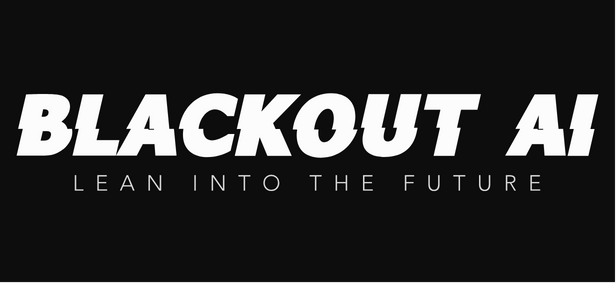
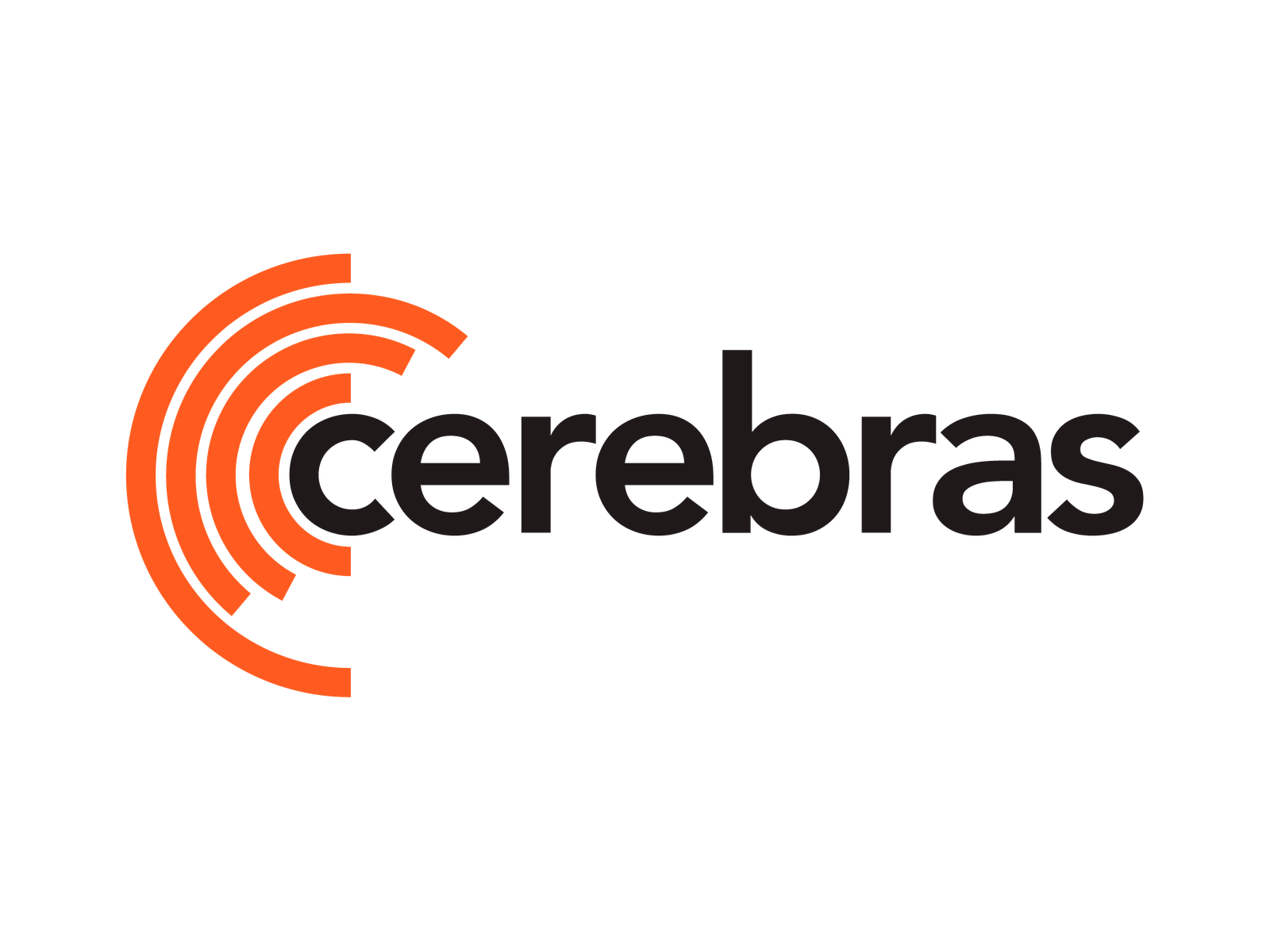
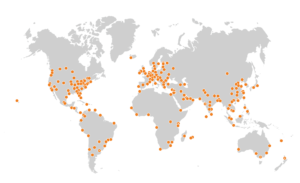



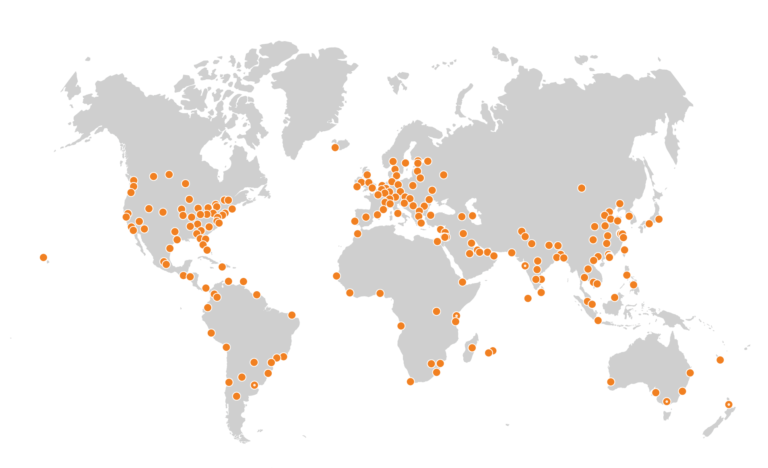

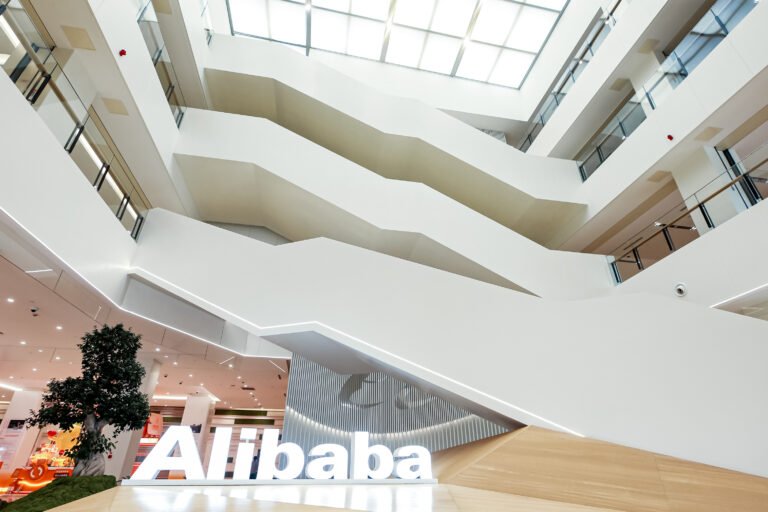
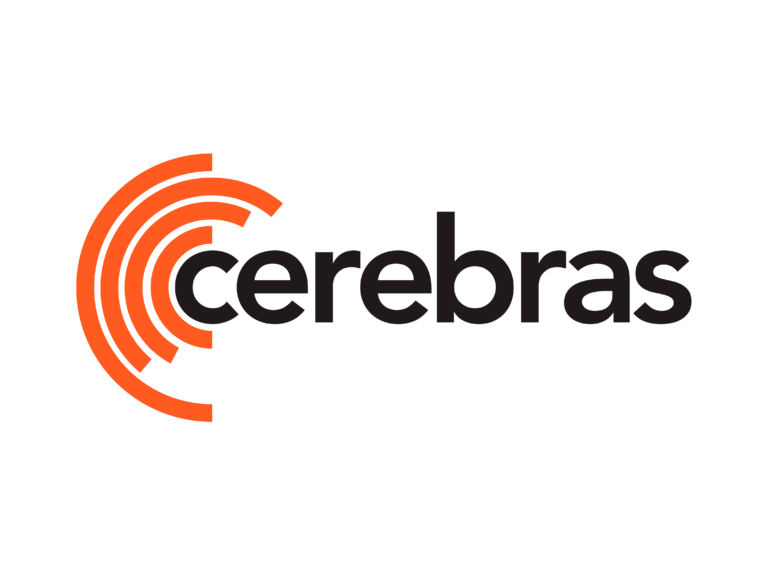

+ There are no comments
Add yours